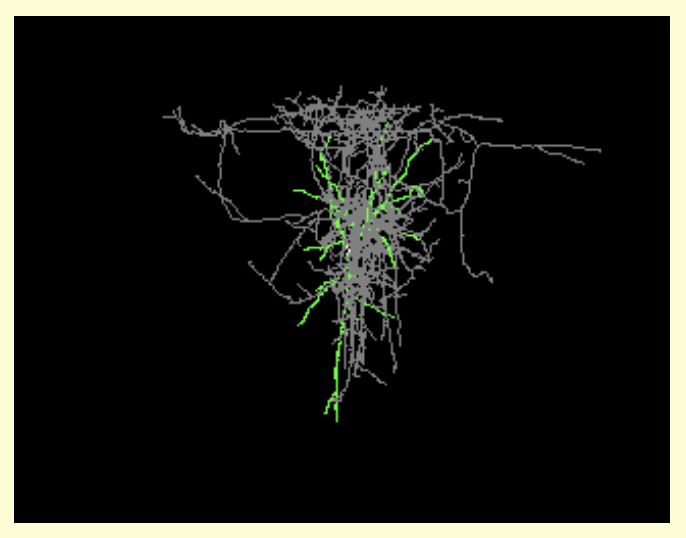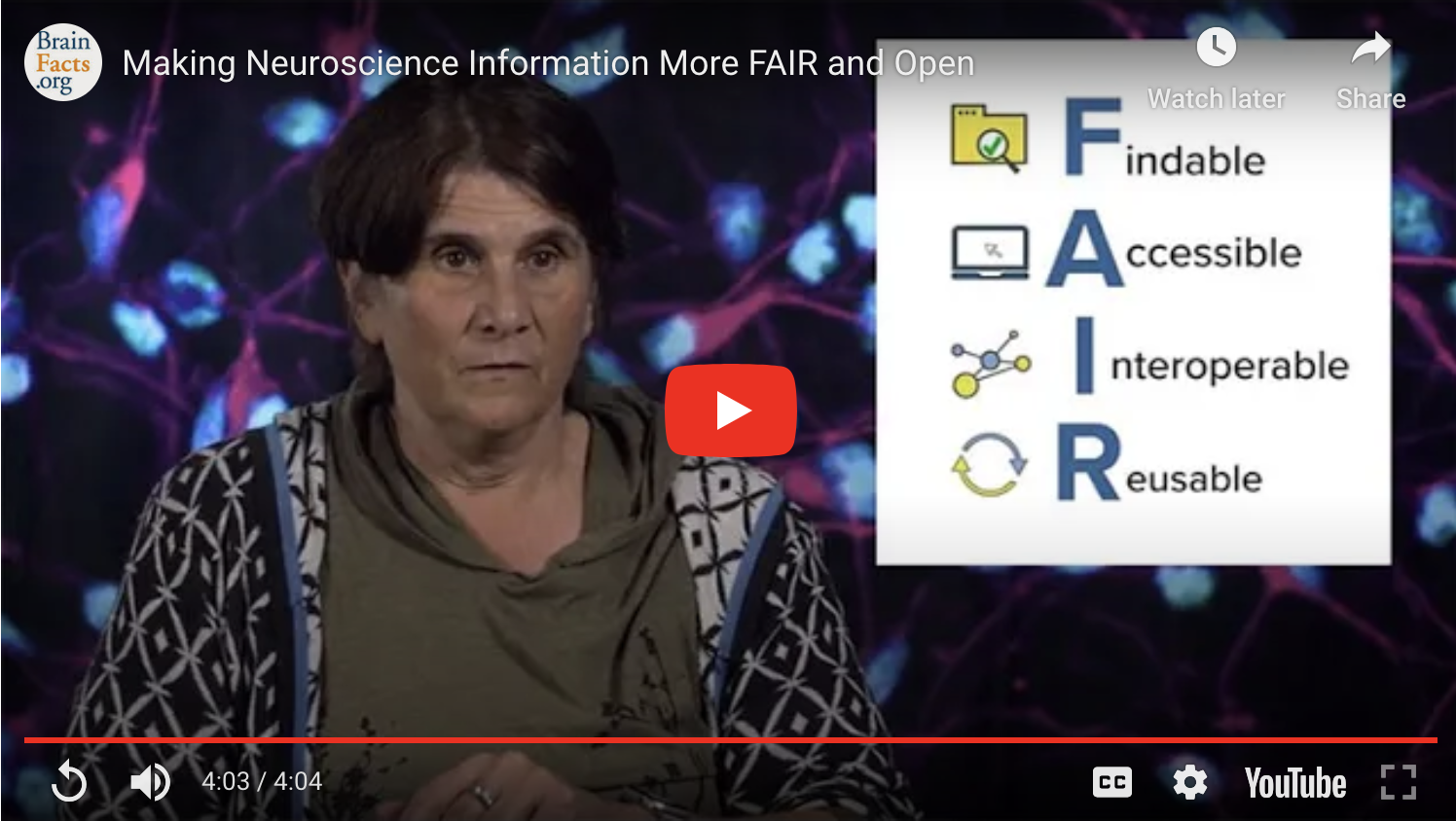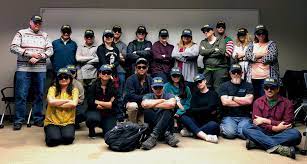URL: http://antibodyregistry.org/AB_2178887
Proper Citation: (Boehringer Cat# 1697 838, RRID:AB_2178887)
Target Antigen: Rela
Host Organism: mouse
Clonality: monoclonal
Comments: No longer available
Expand AllWe found {{ ctrl2.mentions.total_count }} mentions in open access literature.
We have not found any literature mentions for this resource.
We are searching literature mentions for this resource.
Most recent articles:
{{ mention._source.dc.creators[0].familyName }} {{ mention._source.dc.creators[0].initials }}, et al. ({{ mention._source.dc.publicationYear }}) {{ mention._source.dc.title }} {{ mention._source.dc.publishers[0].name }}, {{ mention._source.dc.publishers[0].volume }}({{ mention._source.dc.publishers[0].issue }}), {{ mention._source.dc.publishers[0].pagination }}. (PMID:{{ mention._id.replace('PMID:', '') }})
A list of researchers who have used the resource and an author search tool
Find mentions based on location

{{ ctrl2.mentions.errors.location }}
A list of researchers who have used the resource and an author search tool. This is available for resources that have literature mentions.
No rating or validation information has been found for Anti-NFkappaB, p65 subunit, active subunit, clone 12H11.
Possibly Non-Specific
Extracted Antibody Information: "Both studies performed specificity tests on a variety of antibodies and, as is common, did not produce concordant results on all of them. Slotta originally generated the antibody now commonly known as MAB3026 (AB_2178887) and provided its provenance: “It was transferred to Boehringer-Mannheim as Clone 12H11, resold to Roche and finally bought by Chemicon, and it is now sold as MAB3026.” They then speculate that a mutation may have crept in at some point that altered the specificity of the antibody. However, the discrepancies may also be attributed to the additional testing of the antibody in new conditions, revealing problems that had not been apparent during the initial applications."
Extracted Specificity Statement: "Both studies performed specificity tests on a variety of antibodies and, as is common, did not produce concordant results on all of them. Slotta originally generated the antibody now commonly known as MAB3026 (AB_2178887) and provided its provenance: “It was transferred to Boehringer-Mannheim as Clone 12H11, resold to Roche and finally bought by Chemicon, and it is now sold as MAB3026.” They then speculate that a mutation may have crept in at some point that altered the specificity of the antibody. However, the discrepancies may also be attributed to the additional testing of the antibody in new conditions, revealing problems that had not been apparent during the initial applications."
Data was mined by Antibody Watch (https://arxiv.org/pdf/2008.01937.pdf), from PMID:26594330
Possibly Non-Specific
Extracted Antibody Information: "Slotta et al. originally generated the antibody now commonly known as MAB3026 (AB_2178887) and provided its provenance: “It was transferred to Boehringer‐Mannheim as Clone 12H11, resold to Roche and finally bought by Chemicon, and it is now sold as MAB3026.” They then speculate that a mutation may have crept in at some point that altered the specificity of the antibody. However, the discrepancies may also be attributed to the additional testing of the antibody in new conditions, revealing problems that had not been apparent during the initial applications."
Extracted Specificity Statement: "Slotta et al. originally generated the antibody now commonly known as MAB3026 (AB_2178887) and provided its provenance: “It was transferred to Boehringer‐Mannheim as Clone 12H11, resold to Roche and finally bought by Chemicon, and it is now sold as MAB3026.” They then speculate that a mutation may have crept in at some point that altered the specificity of the antibody. However, the discrepancies may also be attributed to the additional testing of the antibody in new conditions, revealing problems that had not been apparent during the initial applications."
Data was mined by Antibody Watch (https://arxiv.org/pdf/2008.01937.pdf), from PMID:26599696
Source: Antibody Registry





